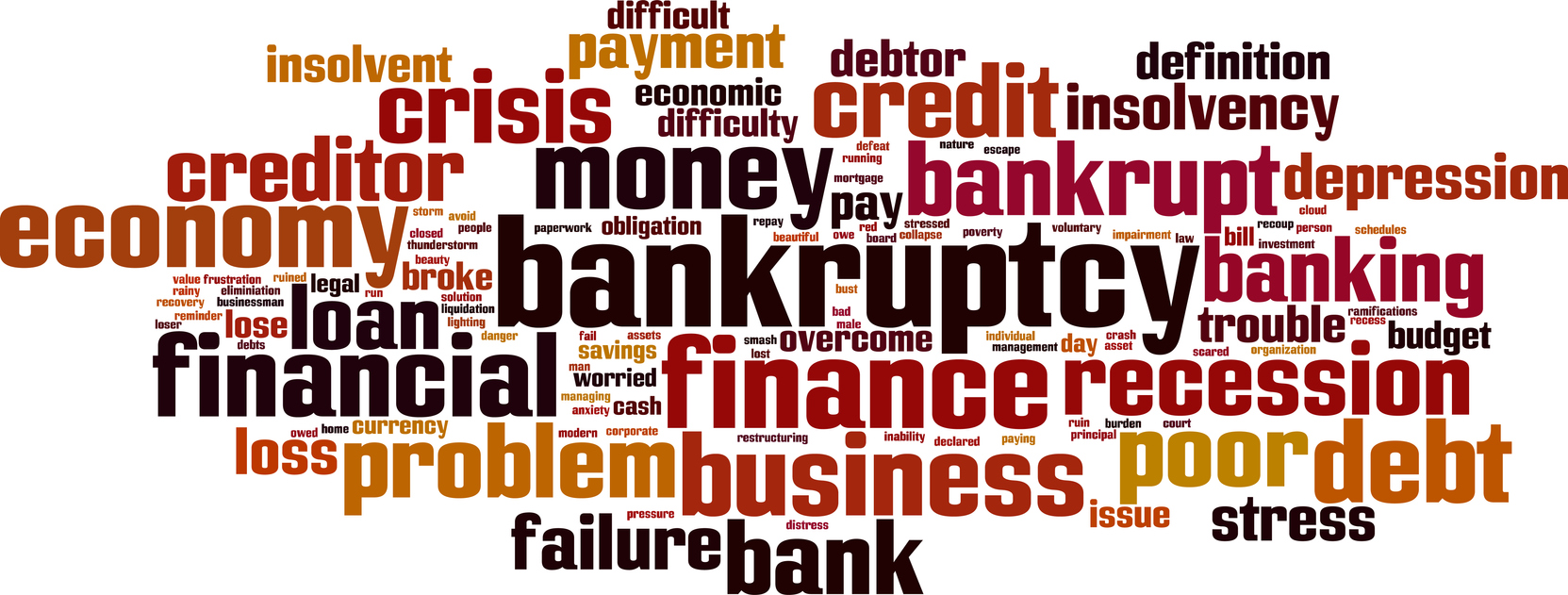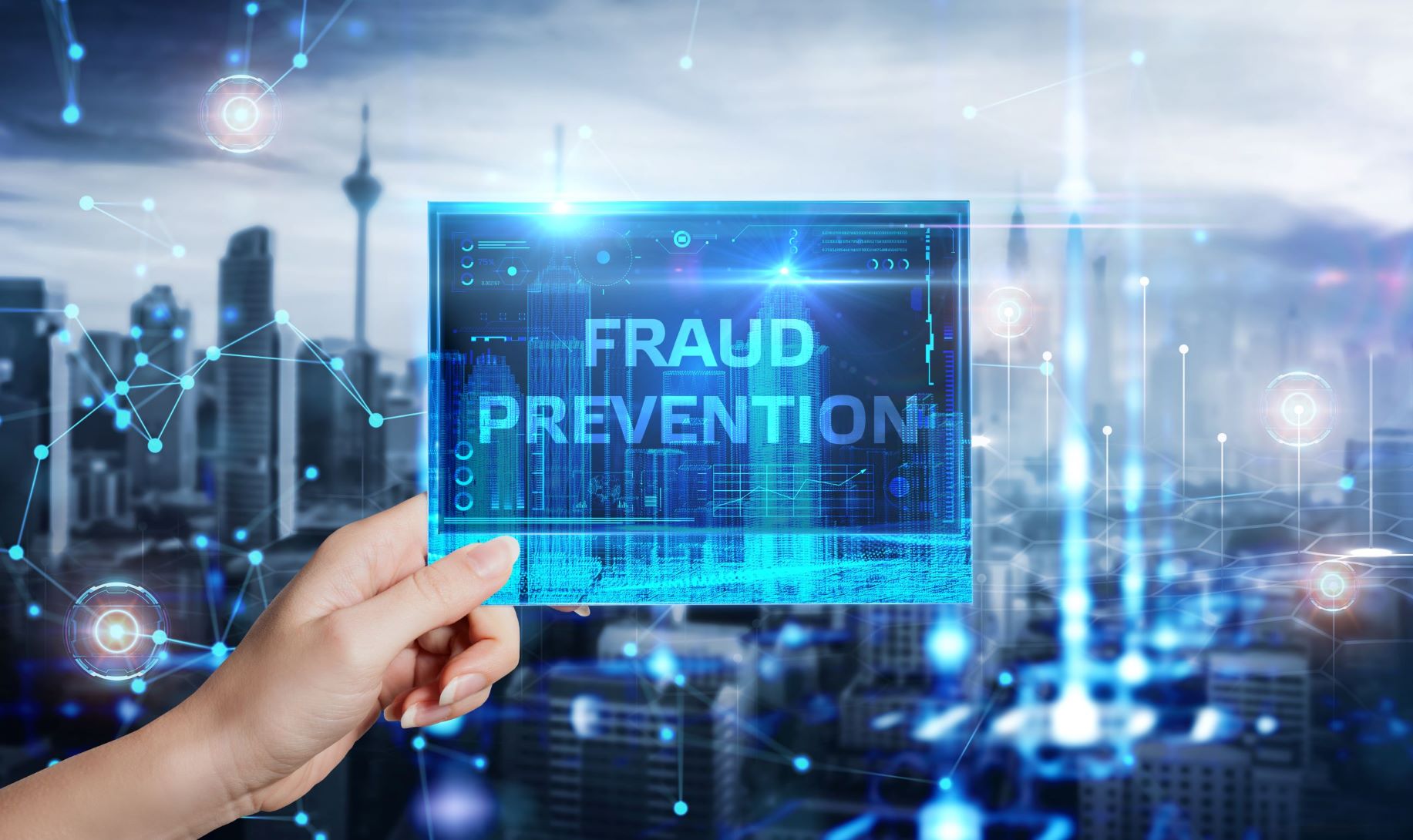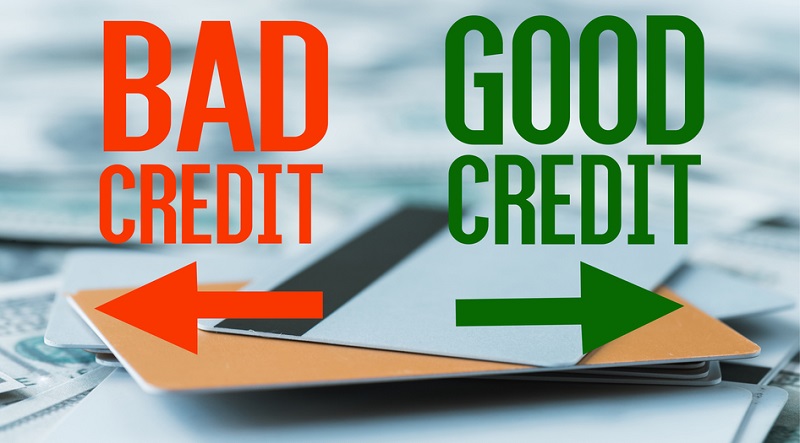- Home
- Bankruptcy
- Fixing Your Credit After Bankruptcy
Fixing Your Credit After Bankruptcy Using 6 Proven Credit Repair Tips, Now!

Fixing your credit after bankruptcy is possible. It's the same story every time. Late credit card payments. A few delinquent auto loans or mortgage payments. Forgotten utility bills, and suddenly, your once excellent FICO score is not only wallowing in the mud but you're completely overwhelmed by debts.
In today's faltering economy, where unemployment claims are up, such situations are becoming all too common. Indeed, according to the Administrative Office of the U.S. Courts statistics, the number of personal bankruptcies for the 12 months ending June 30, 2020, totaled 682,363.
Consumers throughout the country are getting squeezed right now. Too many people forget that funds from loans and credit cards are not theirs but burrowed money they must repay with interest.
Fixing Your Credit After Bankruptcy: Distinguishing Facts From Myths.
Bankruptcies are not news to most people, but unfortunately, many don't know how to deal with the aftermath. Furthermore, the common belief that not much credit repair can do for your credit rating after filing for bankruptcy is nothing but a myth. Bankruptcy will undoubtedly hurt your credit; however, credit repair can help correct the damage.
Another common myth surrounding credit repair and bankruptcy is that it can be several years before you qualify for a mortgage or credit card after claiming bankruptcy. Perhaps this myth stems from bankruptcies that stay on credit reports for seven to ten years.
Regardless, this is far from the truth after you've been discharged – which usually happens after twelve months. As long as you work diligently and start fixing your credit after bankruptcy, you could become eligible for credit cards and even a mortgage in as little as two years.
Why Credit Repair After Bankruptcy Is Important.

So, you filed for bankruptcy, you've got your financial life back on track, and you have sworn to yourself never to find yourself in the same situation again.
- But is that enough?
- Should you work towards rebuilding your credit after bankruptcy?
- Should you wait for 7 to 10 years and hope the bankruptcy falls off your report?
- Or should you give up on fixing your credit altogether?
Back in the day, while people used to apply for auto loans, mortgages, and other loan products, credit cards were pretty much non-existent. Fast forward to today, and many people carry multiple credit cards. Is it even possible to live without credit? It can be done, but not many people can pull it off.
Besides, even if you don't intend to get into debt again, there are still many reasons why fixing your credit after bankruptcy is a good idea: Improving your credit rating will make it easier to rent your dream apartment, get a better job, get an affordable home mortgage, and so on.
Rebuilding one's credit is especially crucial for those looking to take out a mortgage or refinance their existing home. Re-establishing your credit after bankruptcy will pave the way for an improved credit rating and tell lenders that you can manage money responsibly.
Are you worried that credit repair after bankruptcy is a pipe dream? Have no fear; fixing your credit after bankruptcy is possible and should be a priority if you're eager to get your finances back on track.
Fixing Your Credit After Bankruptcy.

Here are six proven tips from industry experts to guide your credit rating back up after bankruptcy:
1. Check What Your Credit Reports Show
There are three major credit reporting/reference bureaus in the U.S. To do a thorough job of repairing your credit after filing bankruptcy, you need to request your credit reports from all three of them (there's no charge for this, see Annual Credit Report And Score And How And When To Order Your Free Report)
Once you get the reports, review them and confirm that bankruptcy and other accounts are correctly reported. This is an excellent time to assess how much damage bankruptcy has caused to your rating. Check all your details and your newly discharged debts.
Discharged accounts should reflect a $0 balance. If you come across any inaccuracies, dispute them to set yourself up for the best position to start fixing your credit after bankruptcy. Creditors reporting negative items after bankruptcy is not a new thing, and hence, you must monitor your credit reports regularly.
2. Keep Up With Ongoing Payments
Suppose you're looking to redeem and raise your credit rating after bankruptcy. You must be willing to change your financial habits and do a better job of managing your finances.
There's no way around it! Bankruptcies don't discharge all types of debts, and the chances are there are still a few debts, such as student loans.
Active accounts always have an impact on your credit rating. So don't fall into arrears; make sure that debts and loans that were not discharged or those in arrears are consistently paid on time.
**Pro Tip** Fixing your credit after bankruptcy is possible. If you don't have money to make a repayment on time, don't wait for the amount to double down the next month. Doing this makes you 30 days late, which is considered delinquent and will hurt your FICO score. So, instead, try making the payment the following week. Setting reminders on your phone's calendar is an excellent way to make sure you never miss a payment.**
3. Create A Budget
Again, the best way to redeem yourself and your credit rating after bankruptcy. It is to improve your financial management skills. And creating a budget is a brilliant and easy way to achieve this. Ensure that you're never late for payments and don't mismanage your finances.
Do the math, determine how much disposable income you have each month, and subtract this amount from your total monthly income. If the disposable income is minimal or non-existent, review your bank statement and spot areas to make spending cuts. It would be best to consider new opportunities to increase your income.
4. Create A Rainy Day Fund
Set up a savings account once you have a budget and a clue of how much disposable income you're left with each month. Ideally, you should set aside 5-10% of your total monthly household income for your rainy day fund.
A savings account can go a long way in helping fix your credit after bankruptcy by cushioning you from unexpected expenses and keeping you from resorting to payday loans, and maxing out your credit cards.
5. Secure New Credit
Getting new credit after bankruptcy can be highly challenging, and however, it is an excellent way to turn your credit rating around. There are credit cards that consider applications that have a bankruptcy; check them out. If that does not work, get a secured credit card.
Using these new credit cards to make regular payments and paying them on time will prove to lenders that you can pay your debts and do wonders for your credit rating. Of course, it's to your benefit to lower your credit utilization ratio, and doing so will place you in a "very" good light with lenders.
6. Find A Reputable Credit Repair Firm
While countless firms will claim that they can fix your credit after bankruptcy, there is a possibility that not all of them are legit. For this reason, ask for family or friends' recommendations to make sure you work with a reputable credit repair agency.
By working with an established and well-reputed credit repair expert, you can begin to see your credit rating improve in no time. Should you take this approach? Yes, absolutely. But, again, do your due diligence to make sure you pick the right credit repair firm.
Fixing Your Credit After Bankruptcy Pays Off.
Filing for bankruptcy doesn't mean there's no hope of enjoying the benefits of good credit in the future. Follow the tips listed above to fix your credit after bankruptcy, and it will pay off in the form of an improved credit score. If you work diligently, it's even possible for mortgage providers to consider you after bankruptcy.
Free 5-Day - Start Repairing Credit Challenge - Do It Yourself - Including A Live Expert Question & Answer Session.

Related Articles:
- Credit Repair After Bankruptcy: It Is Possible!
- Can Credit Repair Remove Bankruptcies From My Credit Report?
- Better Credit Booster News and Tips
- Credit Score After Bankruptcy – What to Expect
- 101 Credit Tips to Boost Credit Score Points, Today!
- Frequently Asked Credit Repair Questions and Answers - FAQ






